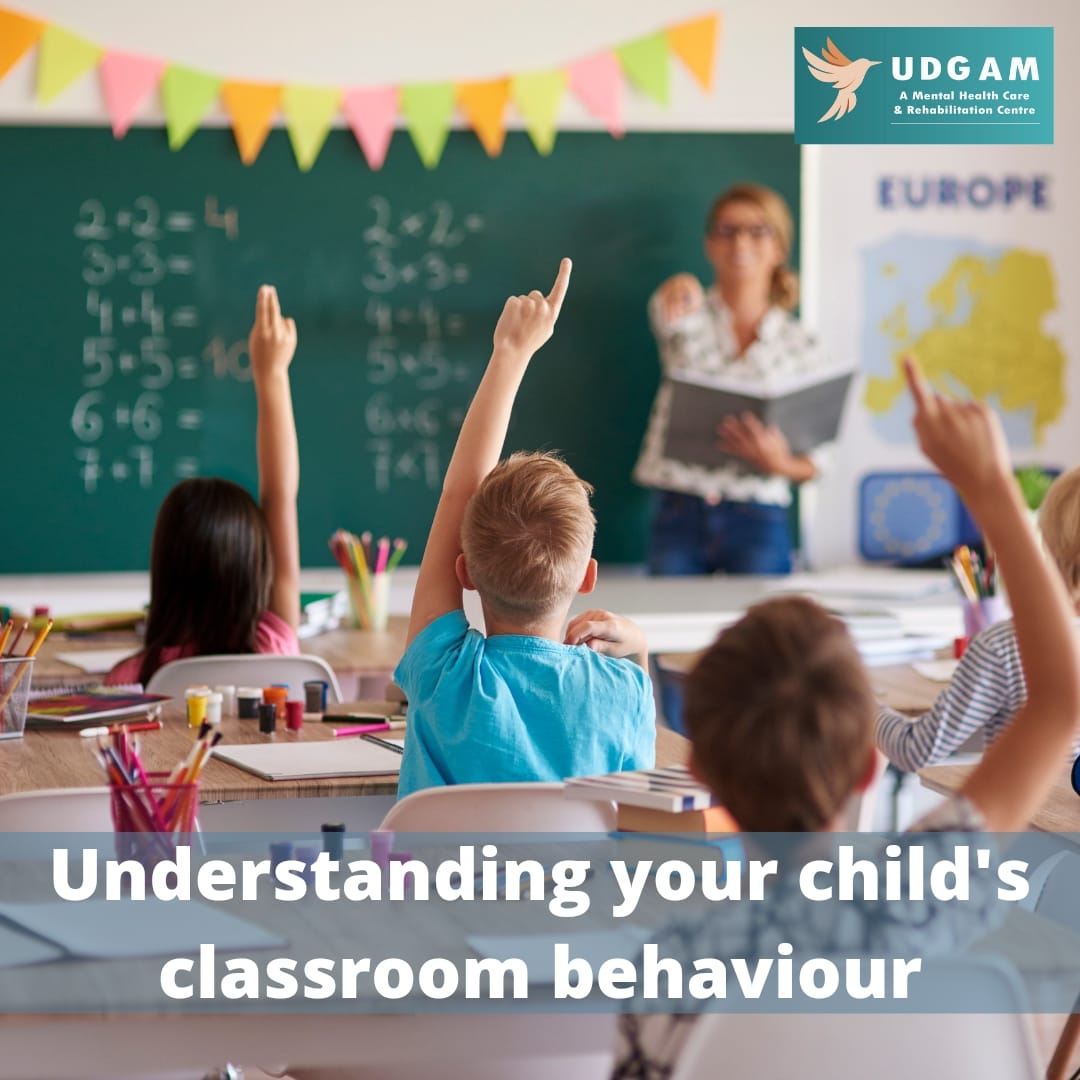Challenges of Being Parents of a Specially Abled Child
Parenting is not the same as it was before. Parents are more hands-on and proactive these days, the reason for this can be increasing awareness, personal determination, or decreased family support.
Earlier most parents were dependent on family support to raise their children, while they worked, but now since nuclear families are increasing and so is the age gap between parents and child, parents are more involved in their child's lives.
It is especially true for parents who have kids with special needs. While researching and reading, I came across a lot of literature, but it did not match what I saw in the clinic. So instead I spoke to the parents directly, obtaining material from the source.
The parents have been bringing their child for sessions with the psychologist, occupational therapist, and special educator for over a year now. And they gave an account of the challenges faced by them. It is different for everyone, depending on the condition of their child, their family structure, and their values.

But some of these issues came out as a common occurrence. shedding some light on these issues is important.
Saying yes to the problem: it is difficult to acknowledge and believe that your child has some difficulty. What is even more challenging is to tell others or to let them see. We perceive it as a weakness. So when we first get to know the diagnosis we are immediately scared. Scared of what will happen and what we will tell our families, we start blaming ourselves or our god. To most, it is equal to grief because they feel like they are losing the chance of a good future. All these feelings are natural, and you are not bad for having them.
But these thoughts, if they stay for a long time, can become a hindrance. We might start ignoring the child who needs help and then recognize this need once teachers start complaining or the child might be failing in his classes. But by then everyone is under stress, and very few individuals can gather the courage to seek help. Early detection is a blessing that needs to be backed by the hard work of parents and specialists so that the child may benefit from it in the long run.
Trusting your future to a stranger: admit it, it is hard to trust a specialist who will be teaching your child because like school, we have never dealt with something like special training. In school, we trust big organizations to take care of our children, because we get the concept of school, generations together have gone to school. But an hour with the specialist is terrifying.
At Udgam, we never tell our parents not to be afraid. Fear is natural, and it is a motivator. We ask them to establish trust, join in on the session, and get to know the specialist well. Another thing that we promote is “ do not fear the unknown stranger, instead, put your energy into trusting the process and work hard for the betterment of your child.
Managing expenses: a lot of money is needed when you have to get your child's treatment. Healthcare is not expensive, that is true. But quality healthcare is expensive. For many, it becomes hard to pay an amount for each session. The only option left is to either carry on or stop the sessions. It is common to drop these sessions without consulting., because of monetary reasons. And yes no one will force you to make any choice, you should do what you think is best.
But at Udgam we like to encourage parents not to leave the session if the money can be managed because, unlike medicines, any therapy works only if done consistently, the positive changes you see in your child come from consistent work that specialists and the child themselves put in. breaking the cycle is harmful and might undo the child’s progress.
Managing family: a bigger part of the fear, especially for mothers, is the reaction of the family/relatives/friends. What others say is one of the biggest hurdles people need to cross, before they get to a solution. Will they call my child “incapable”, “ stupid”, “pagal” or something other than that, “will they bully him?” or “will they say mean things about me?”. Different has always been seen as being synonymous with unfit, dangerous, or unlikeable. But being different is just different. Every person is unique and with their talents, i.e. every person is different, so using all these anecdotes with those who appear different, is wrong.
For some parents, it might be hard or nearly impossible to convince their immediate family about the situation. Some families like to blame mothers for giving birth to a defective child or be mean to the father because he chooses to acknowledge his child’s issues.
Family therapy can be one such solution, where the whole family comes and talks about their individual and collective fears. Or sometimes, the family is just unwilling, then we ask parents to work on their independent goals, regardless of the family’s input.
The health and benefit of the child have to be the priority for them to succeed in life. There are plenty of reasons and challenges parents face, but only some have been highlighted. To share or read more about parenting special kids, stay tuned to our website and Social media. https://www.udgammentalhealthcare.com, https://www.facebook.com/udgammentalhealthcare, https://www.instagram.com/udgammentalhealthcare and https://udgammentalhealthcare.com/blog
[ratings]
Anuja Sathe
Counselling Psychologist












